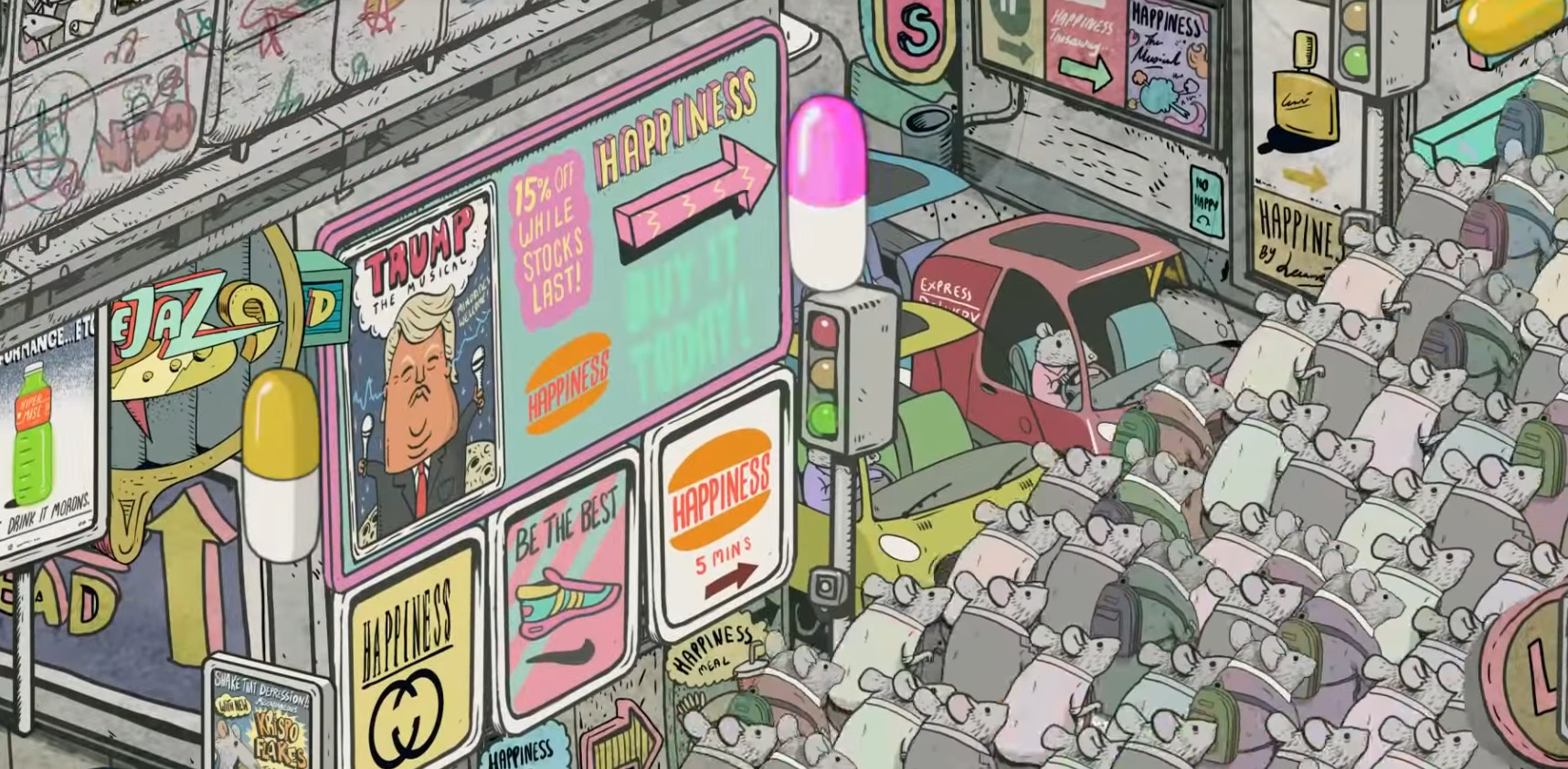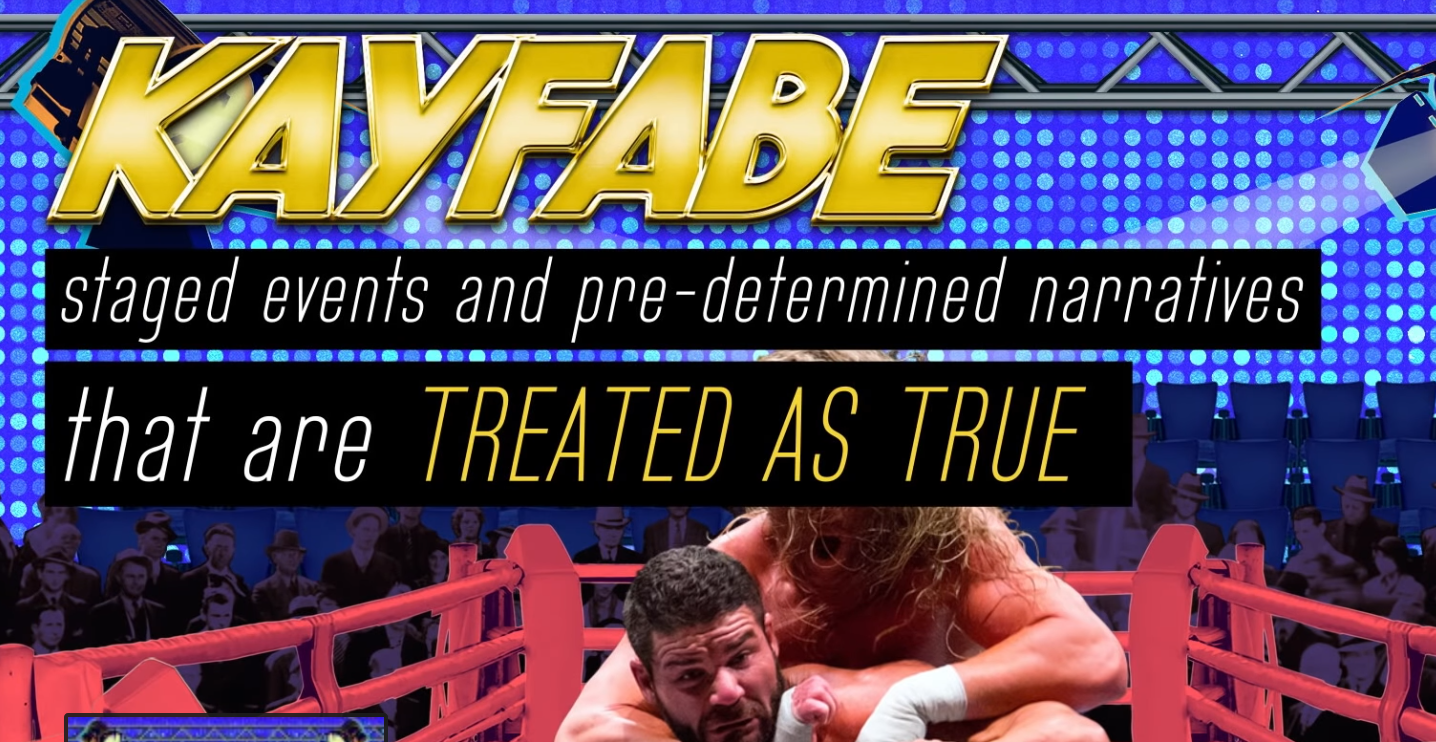
Sci-fi content, where anything is possible. Except changing anything.
Sci-fi. Comic books. Fantasy novels. Why do we get so attached to made-up content?
An attachment to the point writers and director of sci-fi content and fantasy brands like Star Wars and Star Trek get socially tarred and feathered for slight changes to characters and stories.
Forget 9-11. Where where you when you found out Starbuck would be re-cast as a woman in the Battlestar Galactica remake?
While I, of course was holding my children tight and assuring them the world would go on, others took social media forums to express their anger and outrage to what was clearly an affront to God.
If you are on the web, you’d think the most dangerous threats to America aren’t ISIS, it’s:
- Ryan Johnson for the addition of an asian character in Star Wars The Force Awakens.
- Not producing the Zach Snyder version of the movie Justice League.
- The rumor that James Bond might be played by black actor Idris Elba.
Science fiction (sci-fi) is a genre all about creating new worlds, and fantasy characters.
Yet for all its creativity and fans that can’t get enough, it has a fan base that is highly resistant to change.
Years ago, I remember reading this quote from an article in The Daily Beast talking about fan outrage over changes in comic books in the DC universe…
Comic books are a fundamentally stagnant medium. Any slightly unconventional decision—from casting Heath Ledger as the Joker to putting pants on Wonder Woman—is met with a level of feverish debate normally reserved for schisms within the Catholic Church.
– Daily Beast Contributor Liz Watson
Why?
We’re so attached to sci-fi, changes become personal.
Legally, fantasy content like Superman, Justice League, Star Wars and The Avengers are the writers’ and directors’ stories. But in watching and digesting them, they come out as OUR experience and memories.
Content creators introduce a world and characters that are cool. So cool, we emotionally bond with them. In our love for them, we seek new ways to bond. The action figures. The posters. The costumes. Through these items, we often imagine living in that world.
To make a sci-fi world real, we impose rules to make it deeper and richer.
Fans create books (on canon and off canon) about what power level is Darth Vader’s force power or about creating a full Klingon language (it exists). While going deeper is welcomed, one thing is rarely allowed: the core (characters, ideology) are not permitted to change.
Daddy issues. Gone sci-fi?
Though this group consists of men and women, the best way I’d describe this phenomena is a dad-to-child relationship. “Dad” is a favorite comic book character or sci-fi movie. You grew up with this “man” around and you bond to him the same way you do a parent. Values come from them. Experiences you have with them. He’s just a part of your life.
His story as you know it is stability, you love the safe way he makes you feel. The world has order that you can recognize and count on.
Then one day, dad leaves.
You’re not my real dad!
Superman for me was Christopher Reeves. To me, still the best Superman. But life and remakes go on. So we were introduced to Brandon Routh in Superman Returns and Henry Cavil in Man of Steel.
And I have to admit, it does feel like your mom, keeps remarrying and you keep getting a new step-dad and wishing some how your real dad would just come back.
Henry Cavil: “Hey, I’m Superman.”
Me: “You’re not my real dad, Henry.”
The change in a sci-fi story, even when necessary, feels like an attack on what was certainty in our lives.
I’m guessing for those who don’t like their real lives and lean on fantasy, it feels even more threatening. So any disruption to their sci-fi universe feels like something in their lives is being taken away.
It’s also why making sci-fi movies are now so fraught with danger. To expand a story to please a larger audience may easily offend he core audience who don’t want anything to change.
Changing a sci-fi universe. Without changing things.
Content creators are clearly aware of this phenomena. One way content creators are side stepping this is the creation of alternative universes. A way to say to a fan “your world is fine, we didn’t touch it” this is a another world. This story is happening on Earth 321-Get-Off-My-Back-Fan-Nerd”.
The latest reboot of the Star Trek franchise took this approach by having the story take place in a alternative (Kelvin) timeline that was created when Spock came back from the future and changed history. Comic books use alternative universes all the time. See the recent Spider-Man: Into the Spider-Verse movie as an example.
The fight isn’t just about the Sci-fi past. Also the Sci-fi future.
It’s easy to see how people’s attachment to sci-fi content drives them to protect their past and memories. It can also drive some to be gatekeepers to protect a fantasy future that feels more comfortable for them.
The fight for the fake future. The Hugo Award and the Sad Puppies.
The Hugo Award ran into controversy when groups compete to push books touting their desired version of the future as well as who should write them.
The Hugo Awards are a set of literary awards given annually for the best science fiction or fantasy works and achievements of the previous year. The awards are given in more than a dozen categories and include both written and dramatic works.
Instead of a select committee, The Hugos are voted on by its members, and anyone can become a WorldCon member to vote.
This set up the sci-fi award voting for being gamed.
Frustrated with what they saw as ignoring conservative stories and the rise of diversity in stories, a group known as the “Sad Puppies,” joined with the “Rabid Puppies,” led by Vox Day, a figure in the alt-right movement. Together they attempted to mobilize WorldCon members to vote conservative only and push out other diverse voices.
Little racism, yes. But in a vein diagram, this was also about people reacting to changing culture that threatened how some wanted to, write, see and experience science-fiction. In this case, a culture which aligns more to how the Sad Puppies and the Rabid Puppies would like to see their sci-fi stories developed.
The groups’ effort failed. And in her acceptance speech, Broken Earth trilogy author N. K. Jemisin acknowledged that this was a fight over our connection to sci-fi and our role with it.
I look to science fiction and fantasy as the aspirational drive of the zeitgeist,” Jemisin said in her acceptance speech. “We creators are the engineers of possibility. And as this genre finally, however grudgingly, acknowledges that the dreams of the marginalized matter and that all of us have a future, so will go the world. (Soon, I hope.)
Hey, I wrote a book about being mindful in the new age of content.
Does This News Make You Look Fat? A book about media consumption and how the way we consume it makes us intellectually obese. Preview or buy the ebook at Amazon.































